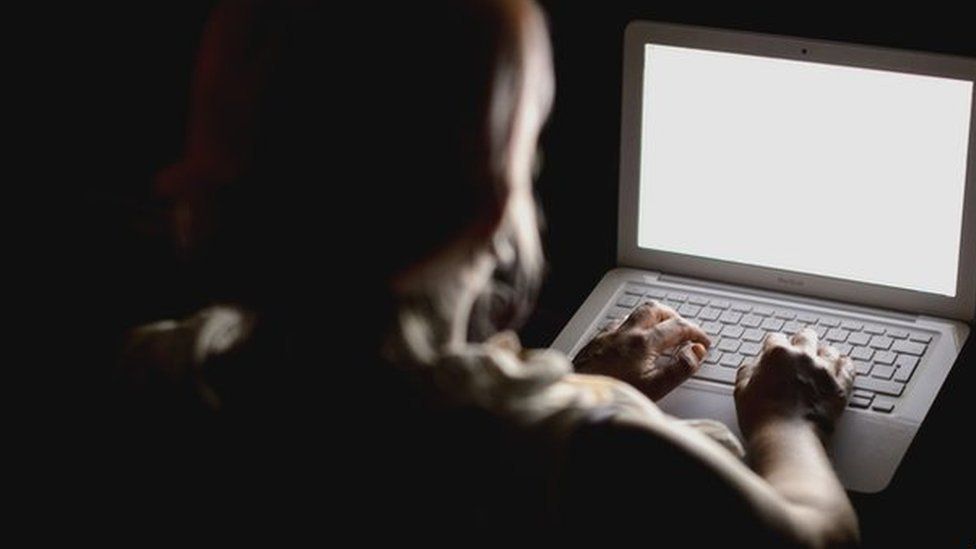Social media companies 'undermining' terror investigations
- Published

Counter-terrorism investigations are being "undermined" by social media companies which do not co-operate fully with police, the UK's most senior counter-terrorism officer has said.
Mark Rowley, from the Met, said some firms had told suspects when police had requested their communications data.
He said social media companies were effectively providing terrorists with a "safe operating environment".
The way some behaved would not be tolerated in other sectors, he said.
'Immature business sector'
Mr Rowley, the assistant commissioner of the Met, told the defence and security think tank the Royal United Services Institute that difficulties in obtaining communications data and encrypted information meant all counter terrorism operations were now "more patchy in their intelligence than we have ever seen before".
He said social media and communications companies were "variable" in their level of co-operation, ranging from "very co-operative" to the the "other end of the spectrum".
He said: "Some refuse to assist. For some it is also a part of their strategy - they design their products in full recognition that they will be unable to help us because of the way they have designed them.
"And some simply undermine us by adopting a policy that if they supply data to us they will tell the subject that they have done that."
Mr Rowley said social media was an "immature business sector".
He said: "In the real world, if someone was to open a shopping centre in London with a fantastic new business model which made them large amounts of profit but also provided a safe operating environment for criminals or terrorists we wouldn't allow it.
"Yet to some degree that is what is going on in the virtual world."
Mr Rowley said the police and intelligence agencies now had "blind spots" and criminals and terrorists were "better educated" about where these were.
He said "no-go" areas where police and intelligence agencies did not have powers or the technology to reach were of "massive concern".
Mr Rowley also said police were dealing with about 600 referrals from across the country each month relating to specific concerns about individuals.
The UK's terror threat level is currently set at "severe" - which means an attack is "highly likely" - and Mr Rowley said six terror plots have been disrupted in recent years.
He called for "up-to-date legislation" that would enable police to "operate in the modern digital age", improved cooperation internationally and the "constructive, practical help" of social media companies.
Mr Rowley's speech follows comments by MI5 chief Andrew Parker, who said social media companies had an ethical responsibility to alert the authorities regarding information about terrorism, child sex exploitation and other criminal activity.
- Published17 September 2015
- Published17 September 2015
- Published4 June 2015
- Published17 July 2015
- Published23 January 2015
- Published12 January 2015